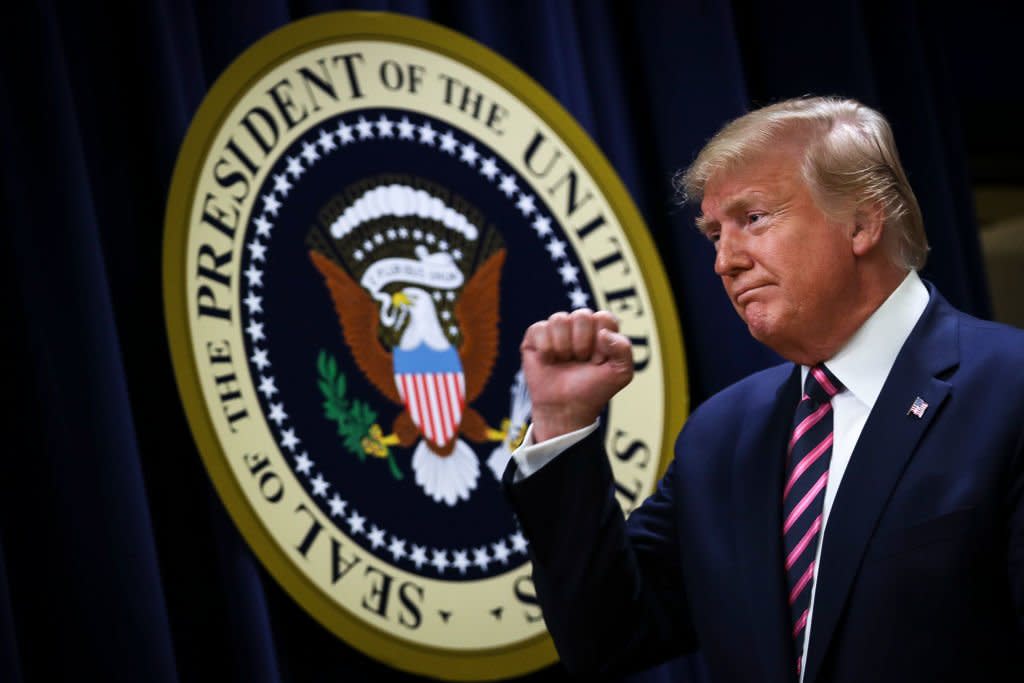Imagine this scenario in a courtroom: The prosecutor and defense lawyer speak to the judge in advance of a trial for an attempted bank robbery The indictment, voted on by the grand jury, recites that the defendant tried to rob the bank by demanding money from a teller and threatening her if she didn’t give it to him. But the crime was interrupted by others in the bank who saw it in progress and the defendant wasn’t able to finish the robbery.
During the investigation, the defendant was able to keep people who were around him while he was planning the robbery from talking with investigators. He denied that he had ever wanted to rob the bank. The defendant ignored subpoenas for documents that could have shed light on his thinking or proven his innocence. Fortunately, some witnesses did come forward and some documents came to light. Prosecutors obtained enough evidence to get an indictment, which requires probable cause to believe a crime was committed, despite the defendant’s efforts to obstruct their work.
Now, as they discuss the trial with the judge, the prosecution learns the usual rules won’t apply. It won’t be able to put on any evidence at trial to support the allegations against the defendant. None of the witnesses it interviewed will be permitted to testify. None of the withheld information will be available. And although newly discovered evidence suggests that the defendant may have asked some of his friends to help him carry out the robbery, it won’t be admitted, and witnesses that the prosecution has requested to testify about that won’t be permitted to testify.
Also, some of the jurors have already committed to vote for the defendant. They will still be permitted to participate and vote in the trial.
Of course, this could never happen in our criminal justice system. But apparently, it can in the Senate impeachment trial of President Donald John Trump. That’s because under the Constitution, the Senate (or at least the party that holds a majority in it) gets to make decisions about more than just the facts.
During the investigation, the defendant was able to keep people who were around him while he was planning the robbery from talking with investigators. He denied that he had ever wanted to rob the bank. The defendant ignored subpoenas for documents that could have shed light on his thinking or proven his innocence. Fortunately, some witnesses did come forward and some documents came to light. Prosecutors obtained enough evidence to get an indictment, which requires probable cause to believe a crime was committed, despite the defendant’s efforts to obstruct their work.
Now, as they discuss the trial with the judge, the prosecution learns the usual rules won’t apply. It won’t be able to put on any evidence at trial to support the allegations against the defendant. None of the witnesses it interviewed will be permitted to testify. None of the withheld information will be available. And although newly discovered evidence suggests that the defendant may have asked some of his friends to help him carry out the robbery, it won’t be admitted, and witnesses that the prosecution has requested to testify about that won’t be permitted to testify.
Also, some of the jurors have already committed to vote for the defendant. They will still be permitted to participate and vote in the trial.
Of course, this could never happen in our criminal justice system. But apparently, it can in the Senate impeachment trial of President Donald John Trump. That’s because under the Constitution, the Senate (or at least the party that holds a majority in it) gets to make decisions about more than just the facts.

Comments
Post a Comment